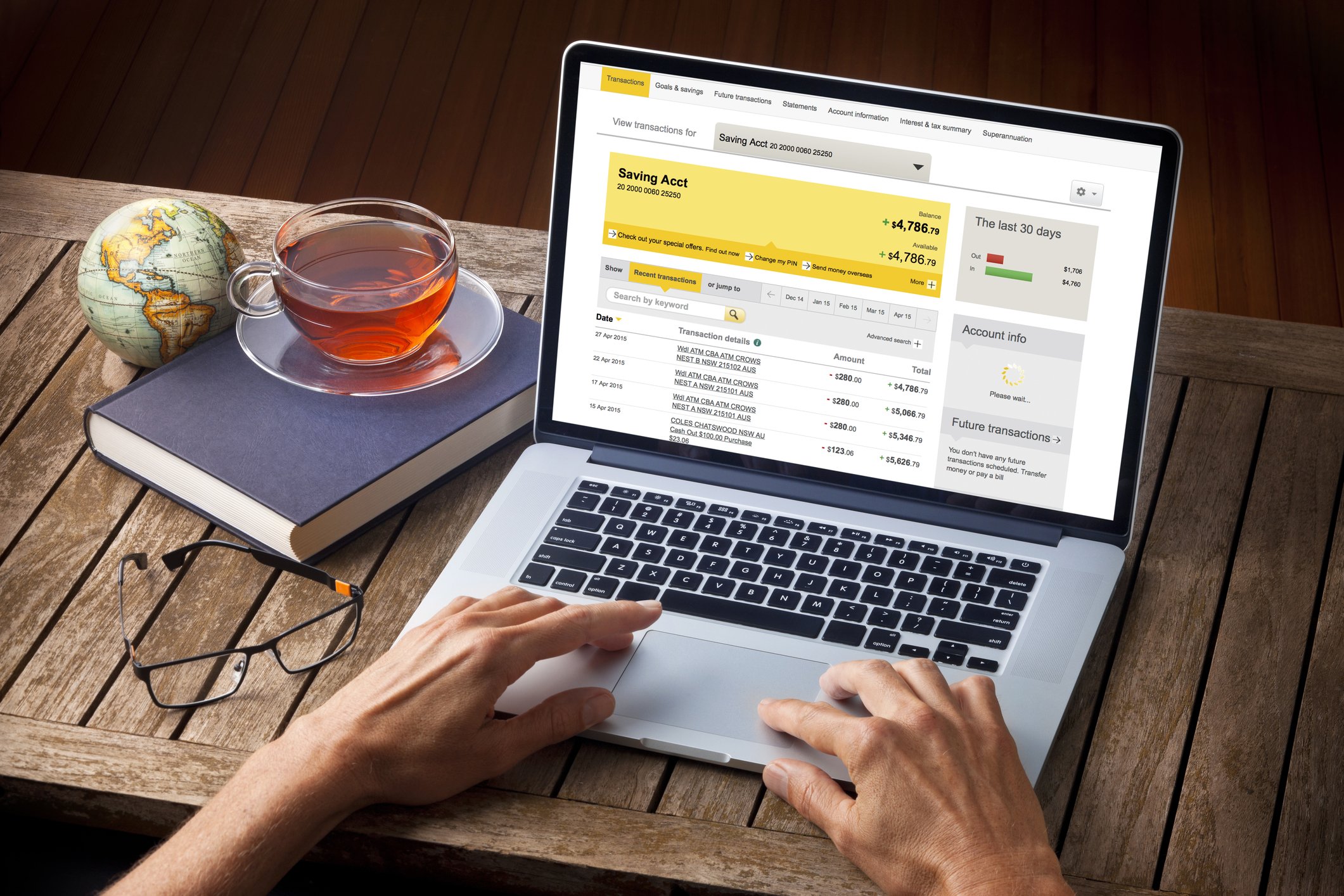How to Start Building Credit (Without Getting into Debt)
When you hear the word “credit,” you might immediately think of credit cards, loans, or even debt. But what if we told you that it’s totally possible to build a strong credit history without racking up bills you can’t afford to pay?
Yep—it’s true.
Your credit history is like a financial reputation. It tells banks, landlords, and even future employers how responsible you are with money. And while most people assume you need to borrow loads of cash to build credit, there are smart, safe ways to get started—even as a teen—without taking on any debt at all.
Let’s break it down.
What Is A Credit Score (And Why You Should Care)
Your credit history is a record of how you’ve handled borrowed money—things like paying back loans, using credit cards, or financing a phone.
The better your credit history, the higher your credit score, and the easier it becomes to:
Rent your first apartment
Get approved for a car loan
Qualify for a good mortgage rate
Even land a job (some employers check!)
But here’s the problem: if you’re young and haven’t borrowed anything, you don’t have bad credit—you just have no credit.
And that’s what we’re here to fix—without the risk of going into debt.
Smart Ways To Build Credit
1. Become an Authorised User on a Parent’s Credit Card
Ask a parent or guardian if you can be added as an authorised user on one of their credit cards. You don’t even need to use the card—just being linked to it can help build your credit, as long as they make payments on time.
Why it works: You “inherit” part of their positive credit history, and your name is added to the account.
💡 Tip: Only do this with someone who manages their credit well. If they miss payments, it could hurt your score too.
2. Open a Student Bank Account That Reports to Credit Bureaus
Some teen or student current/savings accounts are designed to help build credit —as long as they’re linked to services that report your activity.
Ask your bank:
Does this account help build credit?
Do you offer starter credit-builder tools?
Remember: Not all accounts report to credit agencies, so it’s worth checking.
3. Use a Credit-Builder Card (If You’re 18+)
Once you turn 18, you might qualify for a credit-builder credit card. These have low limits and are designed to help you learn responsible use.
BUT—this only works if:
You pay it off in full every month
You never spend more than you can afford
If used correctly, it helps show you can borrow and repay responsibly. If misused, it’s a fast track to debt—so only take this step if you’re confident in your money habits.
4. Pay Bills in Your Name (Responsibly)
If you’re 18+ and paying regular bills like a phone plan or utility in your own name, make sure those providers report your payments to credit bureaus. Not all do, but some services (like Experian Boost or apps like Kikoff) can help you get credit for on-time payments.
Pro Tip: A mobile phone contract in your name can be a small first step toward building credit—just be sure to pay on time!
What Not To Do When Building Credit
It’s just as important to avoid the wrong moves as it is to make the right ones. Here’s what to skip:
Don’t apply for lots of credit cards at once
Don’t borrow more than you can repay
Don’t miss payment deadlines
Don’t co-sign anything if you don’t understand it
Don’t assume your credit will build itself
Final Thought
Building credit doesn’t have to mean drowning in debt. In fact, the best way to build a strong credit history is to start small, be consistent, and stay in control.
Whether you're still in school or just turned 18, there are smart steps you can take right now that future-you will thank you for—like becoming an authorised user, paying your bills on time, or using credit-builder tools responsibly.
Remember: good credit opens doors. And with the right habits, you can build it the smart way—debt-free.
Get your FREE Experian Credit Score
Join 14 million others who already have the UK’s most trusted credit score








